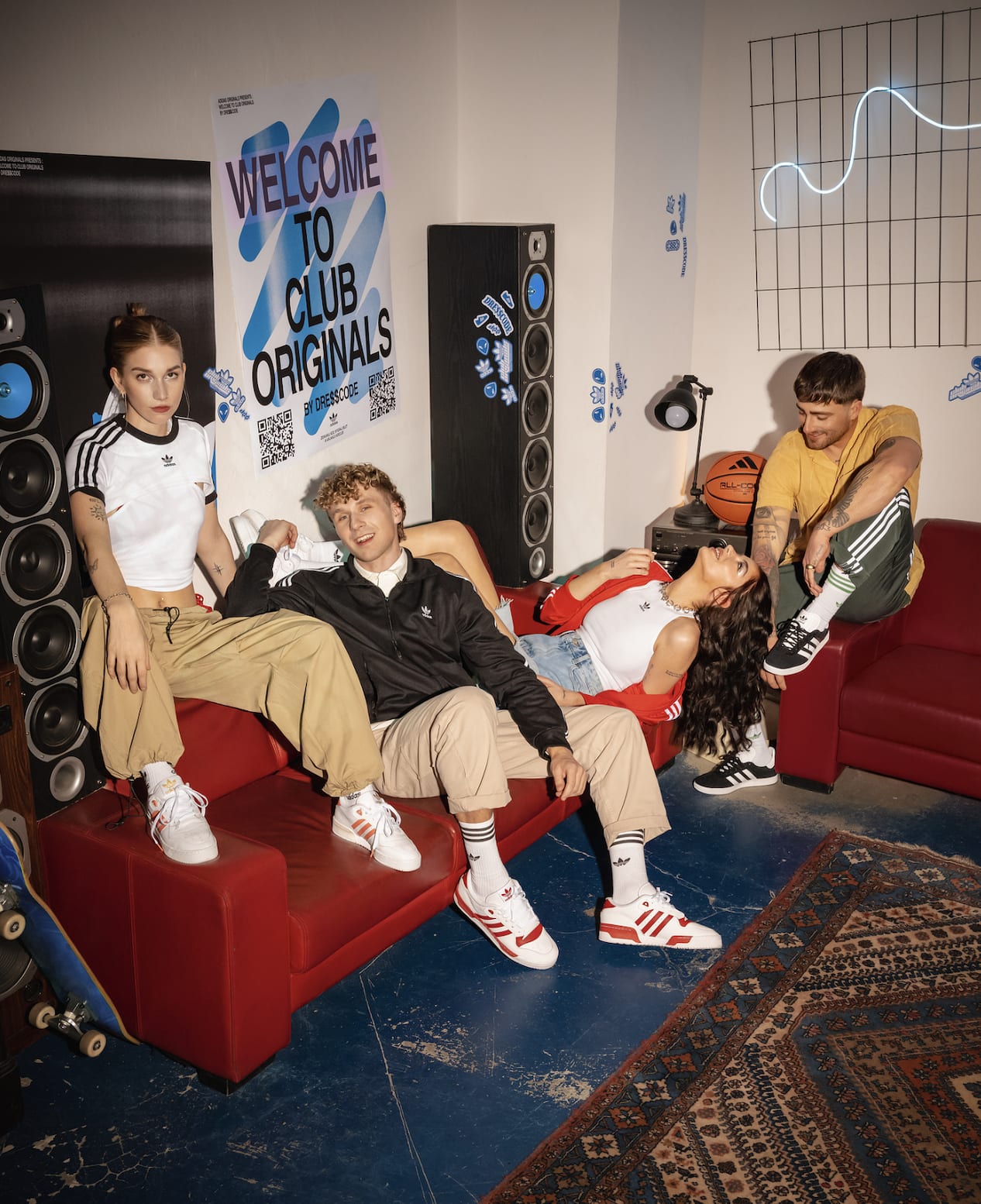TOOxTOO
Issue #082
Megan Hotson
15/10/21
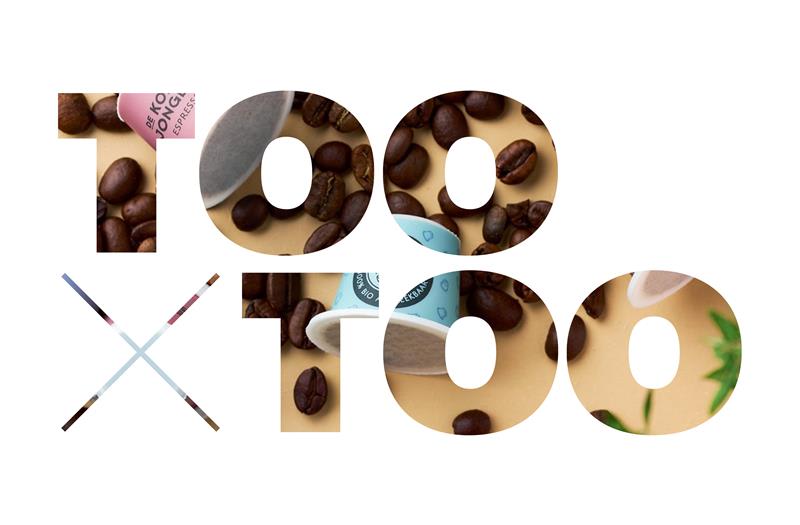
Welcome to your weekly dose of TooXToo, this week featuring Lego’s announcement to banish gender bias from its toys, the UK’s newest transport system, the inflating OTO chair, and a coffee brand asking men to pay more…
Lego bids farewell to Gender bias
Parents are increasingly looking to the expanding roles of toys; they are valued as a means of education and inspiration. Given this, there is a need to challenge the way that some toys produce gender stereotypes which inform the children that engage with them. LEGO is responding to evolving notions within society concerning gender equality, and identity by banishing gender bias from its marketing and toys.
In an international survey conducted by LEGO of 6,844 parents and children they discovered that parents are over eight times as likely to associate an engineering role with men- regardless of whether having female or male children of their own. What this reveals is that parents articulate creativity in different ways for boys and girls.
Partnering with the Geena Davis Institute and UNICEF, LEGO have suggested 10 steps parents can take to help support un-stereotyped growth and development. Amongst these steps is encouraging mixed-gender friendships.
Girls should not be confined to barbies because they are deemed to be less practical and more social, so hand your daughter some LEGO bricks and get building.
-png.png)
The Inflating OTO chair
French cabinet maker Alexia Audrain has designed and developed the OTO chair which works by applying deep pressure on the body to induce calmness. The chair was created for those with autism and is meant to feel as though you are being hugged to emulate the warmth and comfort of human contact.
Audrain chose to line the wooden chair with a series of soft, cushioned panels that swell to embrace the users’ legs and torso. The OTO also has a series of buttons which allow you to alter the pressure created by the inflating panels. What’s unique about this therapeutic technology is that it allows the user to be fully in control- unlike other therapeutic methods that require a patient to be held by another person.
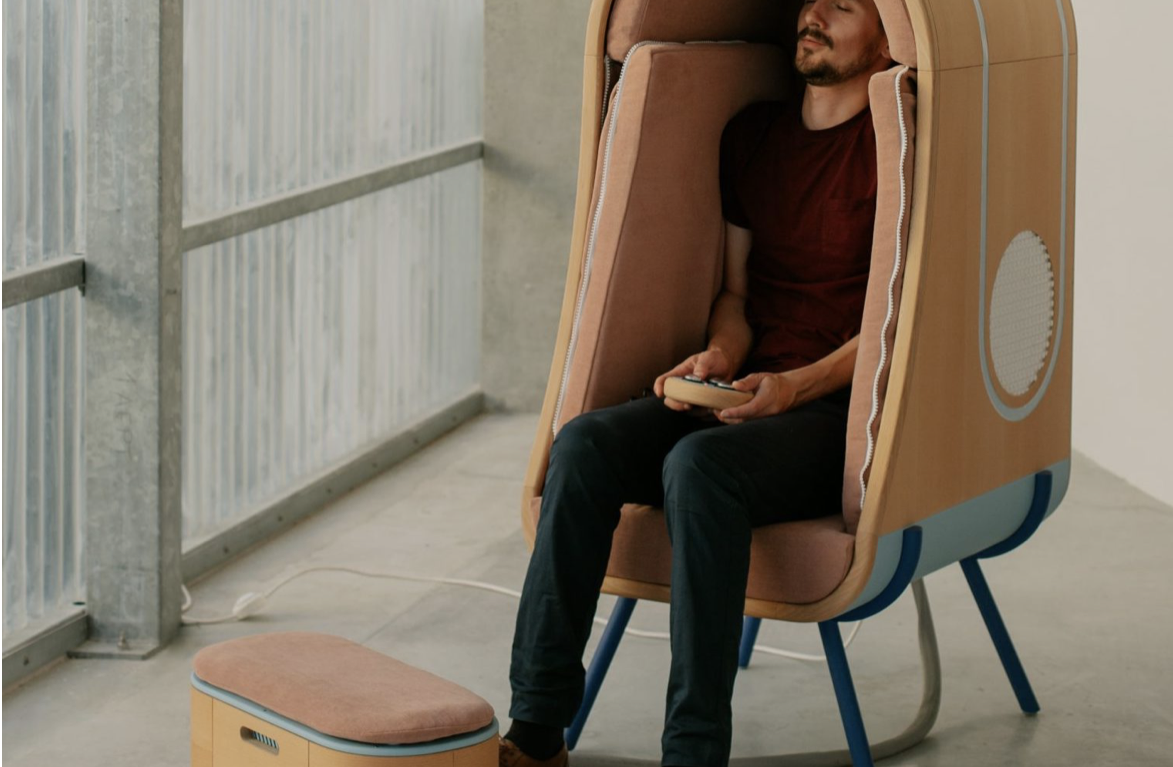
The chair will be rolled out to markets in September 2022. This inflating cocoon has already been met with great success having won France’s national James Dyson Award this year. This is impressive considering OTO began as a student project in response to a brief requested by Adapei- a healthcare provider.
This design is part of a broader trend we are witnessing concerning omnibility. Accessibility is a growing priority for the majority and being able to turn barriers into innovations is key as a result.
UK’s Newest transport system…
How and why, we travel has changed profoundly in the context of Covid-19. An important consideration guiding travel today is the growing awareness of the negative environmental impact of unsustainable travel. Perhaps it is no surprise, then that the UK have announced an autonomous electric transport system to launch by 2025.
The transport system will consist of multiple solar-powered pods that will be able to travel on raised or on-road tracks. Aligning with consumer demands for convenience and accessibility within the travel industry- like other brands, these pods will be bookable via a fast and easy app.
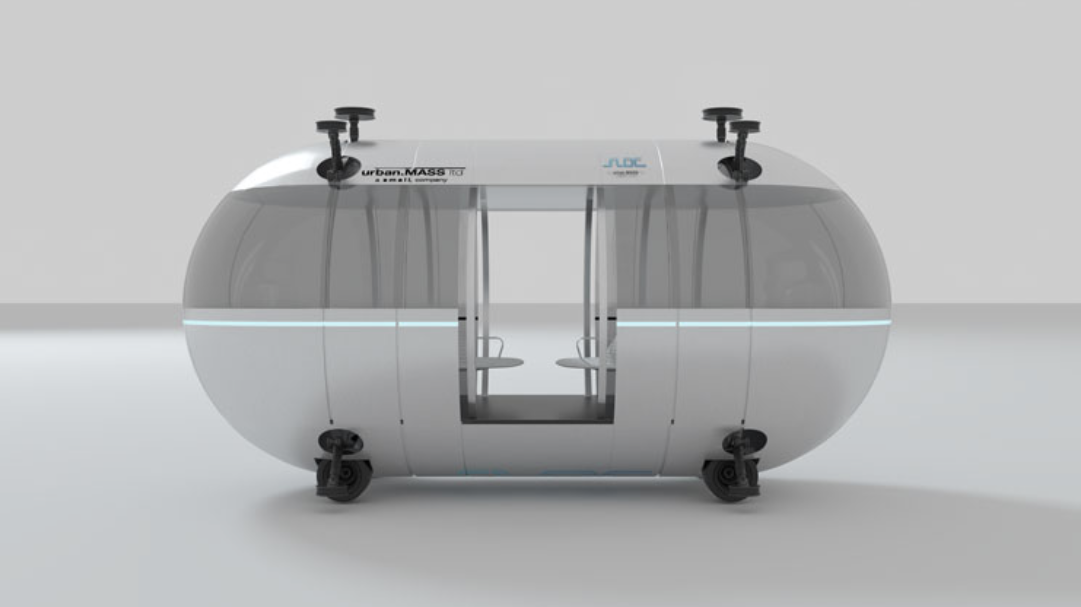
The pods have been developed by UK tech start up Urban.Mass. The tech behind the transport system is called Floc and can carry around 16 passengers at one time. The pods are powered by motors and electric batteries and will be able to reach speeds of 80 kph. As well as more environmentally friendly, this technology costs 50% less than normal urban rail transport systems.
Urban.Mass has plans to introduce their transport innovation into cities beyond the UK, including Kampala in Uganda. Founder Stephen O’grady explained that this city would be well-suited to the Floc transport system- given the sunny weather to power the motors, and their wide infrastructure roads. Overall, O’Grady believes Floc will be a “game-changer” in the travel industry.
De Koffiejongens- the coffee brand that is asking men to pay more
Coffee… we all drink, love, and buy it. Over time the price of coffee has increased, especially for those of us who love a pump of syrup, or an alternative plant milk. Dutch Coffee brand, De Koffiejongens is hoping to increase that price a little bit further, but for men only.
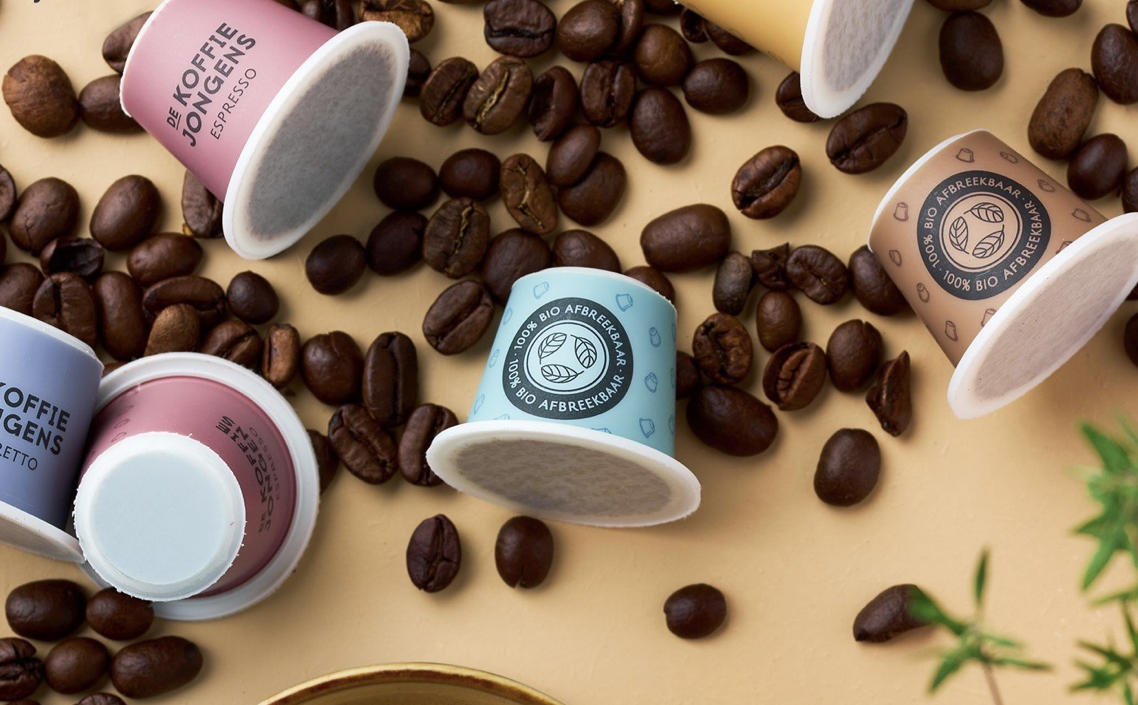
Investigating the gender equalities in pay, the coffee brand revealed that in the Netherlands a Woman’s total hourly wage is 14% less than a Man’s. As well as this, they revealed that Women tend to ask for lower salaries than Men when being hired as new employees. This is part of the well-known ‘ask-gap’- an unresolved issue preventing the pace of progression for gender equality.
De Koffiejongens (‘The Coffee Guys’) want to pioneer the battle to close the gender pay gap, and so are asking Men to pay 14% more when they order the company’s biodegradable coffee pods. The surcharge is not compulsory but is actively encouraged on their website. The surcharge will be donated to ‘Project Fearless’, which is a charity supporting girls aged 9-14 to help foster confidence and challenge stereotypes holding them back.
Next time you are running low on coffee capsules and want to make a purchase with impact, have a look at ‘The Coffee Guys’ who are taking steps forward to raise awareness of the existing gender disparities.

